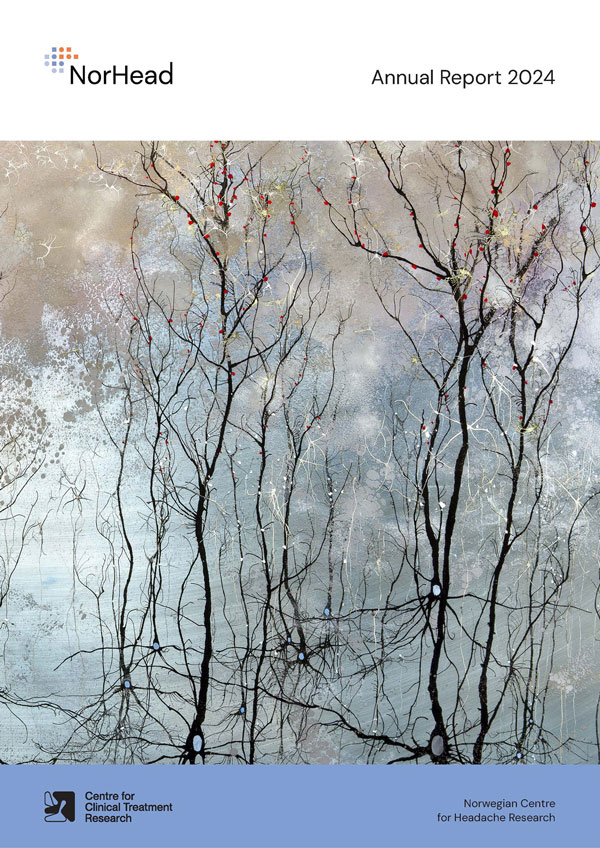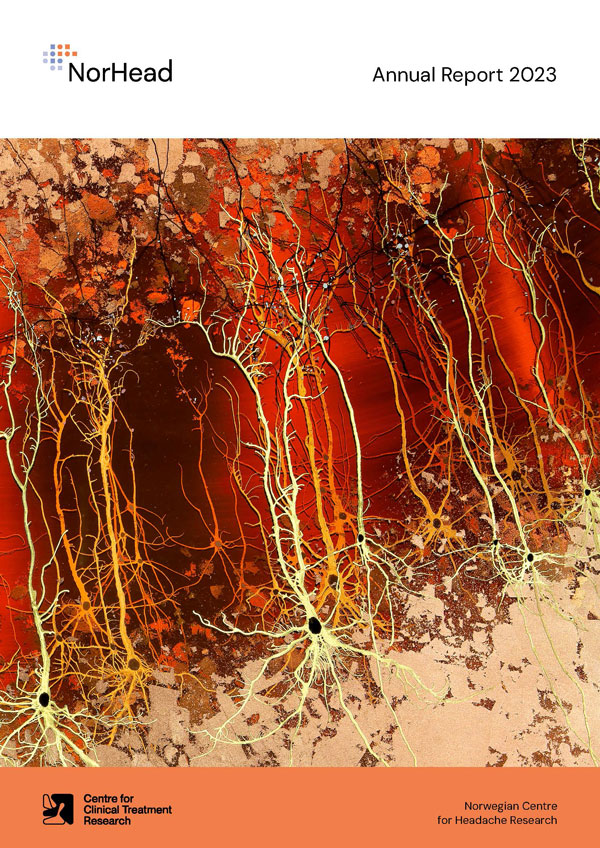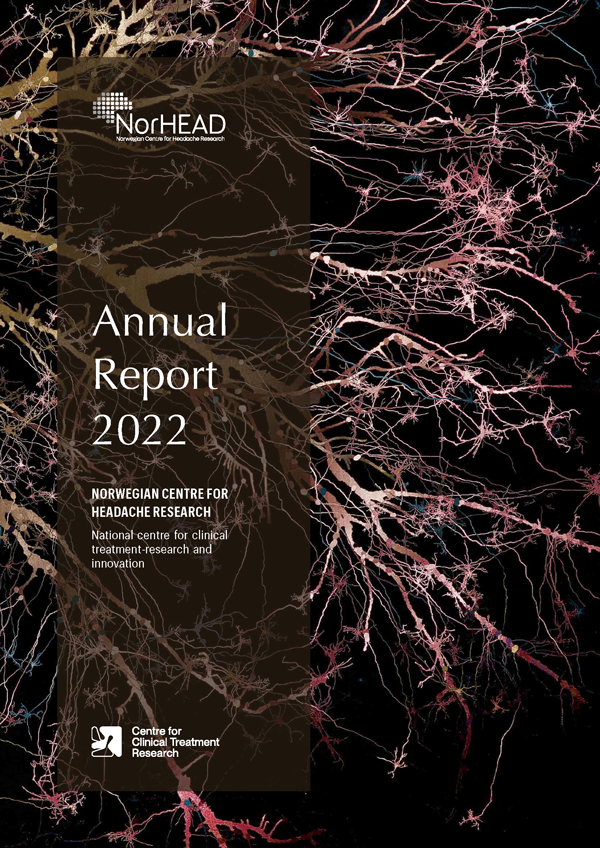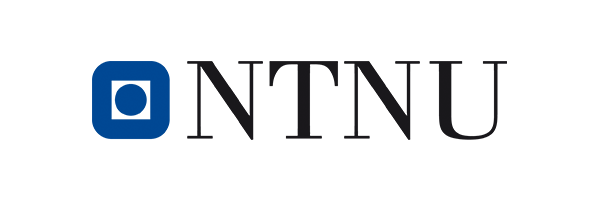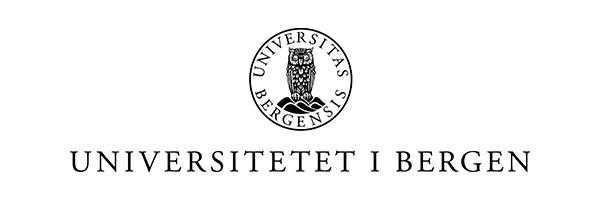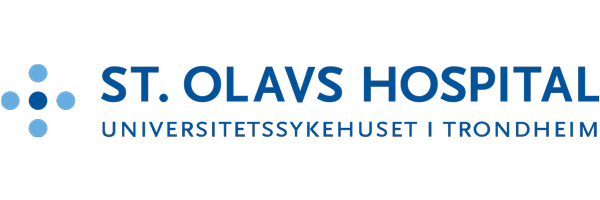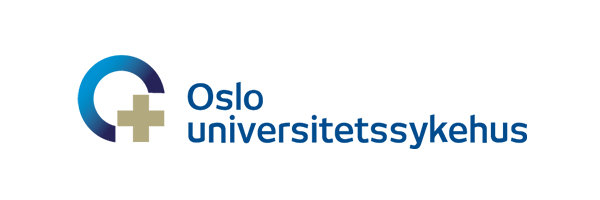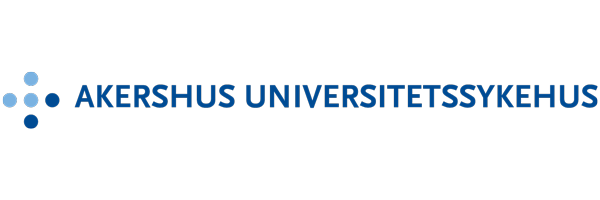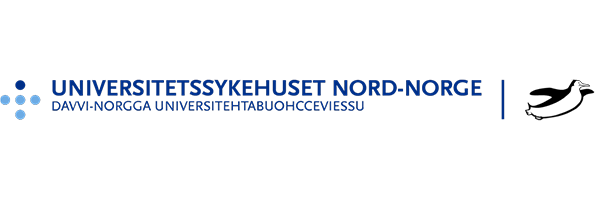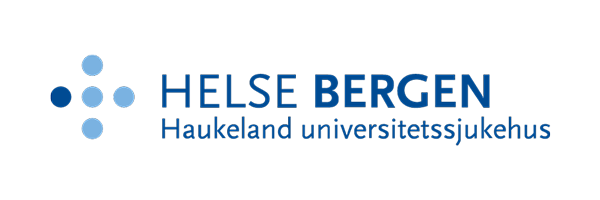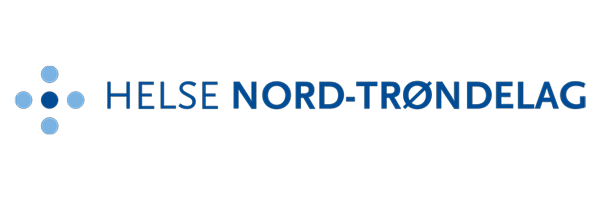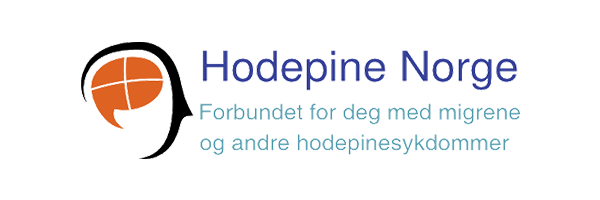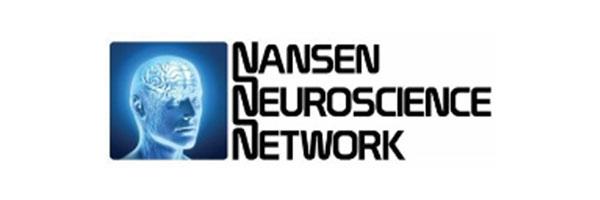Research - Norwegian Centre for Headache Research - NorHead
Research
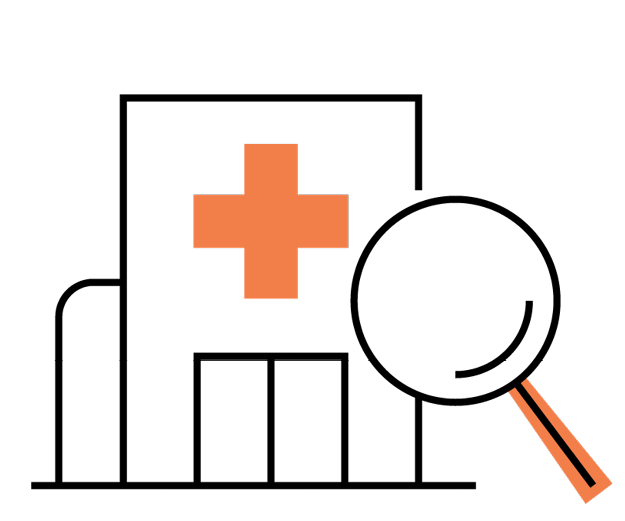
Clinical Trials
- Investigation of new treatment methods and medical technology
- Developing new treatment options through randomized controlled trials
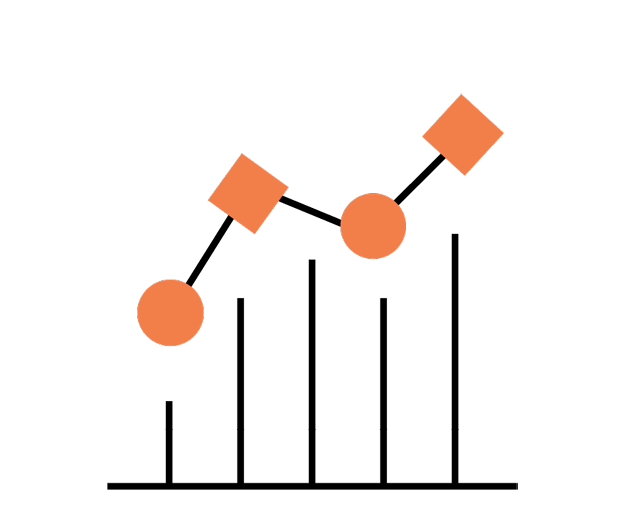
Health Register Studies
- Use of health register data and Real-world data to develop models for diagnosis and treatment, and to assess the societal effect of improved treatment.
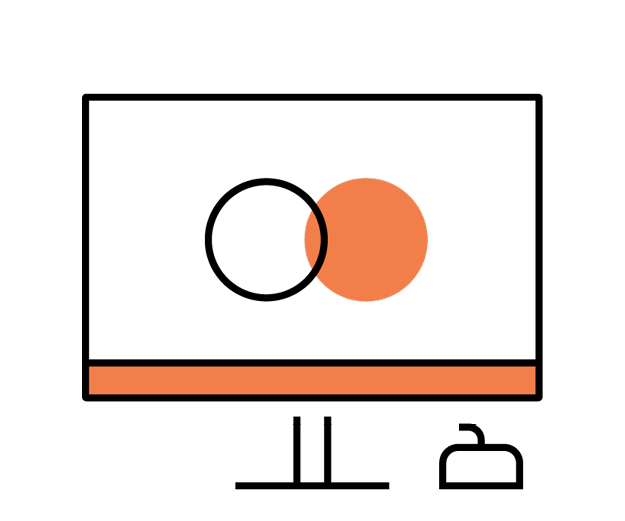
AI and Machine Learning
- Development of targeted treatment (precision medicine) and electronic support tools for doctors and clinicians.
Project areas
Medication Monitoring and Repurposing
Medication Monitoring and Repurposing
Medication monitoring through clinical trials ensures the safety and efficacy of treatments by closely tracking patient responses and side effects. Drug repurposing, the practice of finding new uses for existing medications, offers significant advantages, including reduced development costs and time, as well as leveraging known safety profiles to treat different conditions.
NorHead has initiated several clinical trials on medicinal treatments, such as:
- Atorvastatin and candesartan for migraine
- Candesartan for cluster headache
- The relationship between dose, serum concentration and effects and side-effects of preventive migraine treatment
- Botox injections for tension type headaches
- Treatment combining the use of CGRP inhibitors with botulinum toxin injections for chronic migraine
In addition, we take part in industry-initiated trials such as the Resolution study on migraine and medication overuse headache.
Navigation-Based Injections
Navigation-Based Injections
NorHead is pioneering research in navigation-based injections to treat severe headache disorders, alleviating attacks. Two clinical trials are examining new treatment approaches for migraine and cluster headache using a high-precision instrument designed to guide Botox injections to specific nerve centers such as the Sphenopalatine Ganglion. The instrument continuously informs the surgeon of the needle's exact location, allowing for injections within one millimeter of the target.
Additionally, we are exploring cryotherapy to alleviate pain in patients with trigeminal neuralgia and chronic headache. Current treatment with cryotherapy for trigeminal neuralgia requires open surgery and provides limited pain relief duration. To address these issues, the research team has developed a navigated, needle-based cryotherapy approach, potentially establishing it as the primary surgical treatment for trigeminal neuralgia.
The team is also investigating navigation-guided cryoneurolysis treatment as a minimally invasive option for patients with chronic headache disorders resistant to other treatments.
Big Data and Machine Learning
Big Data and Machine Learning
The MI-HEAD-project is an interdisciplinary initiative combining clinical headache research with AI and machine learning to enhance diagnostics and treatment of headache disorders. It aims to create clinical decision-making tools that improve diagnosis, predict disease progression, and identify effective treatments. The project will develop precision medicine tools, utilize health register data, and test hypotheses on headache pathophysiology.
NorHead Biobank and Research Registry
NorHead Biobank and Research Registry
The NorHead Research Register and Biobank are integral components of NorHead's efforts to advance headache research. The Research Register will collect data from three main sources: clinical studies on headaches, users of the Brain Twin headache application, and patients assessed by general practitioners or hospitals in Norway. Participants in clinical studies can consent to have their data stored for future research, while Brain Twin users can contribute their headache-related information. Additionally, data from medical records and biological samples, such as genetic data, will be included.
The NorHead Biobank will gather biological material from individuals with headaches for use in future research projects. Together, the Research Register and Biobank aim to enhance understanding and treatment of headache disorders by providing a comprehensive data repository for researchers. This initiative will support the development of targeted therapeutic interventions and improve patient outcomes.
MR-Spectroscopy Studies
MR-Spectroscopy Studies
Magnetic Resonance Spectroscopy (MRS) is a unique tool for non-invasively detecting brain metabolism in vivo, with a proven track record in uncovering metabolic shifts in various brain disorders.
At NorHead, a dedicated interdisciplinary team—comprising MR physicists, headache specialists, and neuroscientists—has focused on tailoring MRS applications for headache-related disorders using high- and ultra-high-field MR scanners.
A particular focus of NorHead’s research is leveraging the unparalleled capabilities of 7 Tesla scanners to deepen our understanding of headache-related disorders. This work aims to translate these insights into targeted interventions to improve patient outcomes.
Currently, the group is conducting protocols on cluster headaches and migraines, investigating metabolic changes to uncover pathological mechanisms such as inflammation and cortical hyperexcitability.
Nurse Intervention Trials
Nurse Intervention Trials
Resource scarcity and long waiting lists at neurological outpatient clinics has set limitations for the follow-up of headache patients in many countries. A nurse Intervention trial has been initiated in several Norwegian hospitals to examine weather capacity can be improved by increasing the involvement of headache nurses.
The main goal of this trial is to compare how well patients with primary headache diagnoses follow their treatment plans and how satisfied they are with the treatment. One group will receive follow-up care from a headache nurse right after starting a new treatment, while the other group will have standard treatment.
Health Registry and Population Studies
Health Registry and Population Studies
Nationwide health registers serve as invaluable sources of information for headache researchers, holding data with great potential to enhance treatment strategies. NorHead aims to enhance the understanding and treatment of primary headache disorders by utilizing various Norwegian health registries and surveys. The study includes data from drug prescriptions, patient records, causes of death, birth records, primary health care, communicable diseases, immunizations, and socioeconomic information. Patient-reported data is linked and analyzed using advanced epidemiological methods, regression models, and machine learning to explore associations between socioeconomic, medical, and genetic factors and headache outcomes.
PopHEAD is Norway's largest headache survey, conducted by NorHead in 2023. It involved 31,500 adults from Vestfold and Telemark, who provided informed consent to link their responses with health and socioeconomic data. Participants reported on headache symptoms, personal burden, and treatments, with a 30% response rate. A subset also had phone interviews with headache doctors to validate their data. The collected information is stored in the NorHead research registry.
Home-Based Biofeedback
Home-Based Biofeedback
Non-pharmacological, therapist-independent treatment options for headache prevention can make headache treatment more accessible to a broader population and help reduce the financial burden on healthcare systems in the long run. These options also offer safe alternatives to medications.
NorHead is conducting a large clinical trial to evaluate the effectiveness of home-based biofeedback to prevent migraine. This trial investigates a new technological device that measures heart rate variability, temperature, and muscle tension through a smartphone app and wireless sensors. Using real-time feedback, the device helps individuals practice relaxion techniques to reduce stress.
Additionally, a new trial is planned to assess the device's impact on tension-type headaches.
Migraine Pathophysiology
Migraine Pathophysiology
Understanding the underlying mechanisms of migraines and other headache disorders can lead to the development of more effective treatments.
A study from NTNU and St. Olavs Hospital in Trondheim has examined the relationship between sleep and migraines. We looked at how brain function changes due to lack of sleep by activating the cerebral cortex with transcranial magnetic stimulation. The study indicates that the migraine brain has an increased vulnerability to lack of sleep, which may be due to changes in inhibitory systems in the brain. Lack of sleep also appears to have different significance for different subgroups of migraines
Post Traumatic Headache
Post Traumatic Headache
Mild traumatic brain injury is a significant public health issue with diverse injury mechanisms and outcomes. While acute symptoms often resolve within a few weeks, a substantial subgroup of patients experiences prolonged post-concussion symptoms lasting over three months, such as headache, fatigue, and cognitive complaints.
NorHead-researchers connected to Trondheim TBI Group and the Clinical Neuroscience Laboratory at NTNU and St. Olavs hospital conduct treatment research on:
- Neurophysiology of mild head injuries
- Sub-symptom training for exercise intolerance after mild head injuries
- Digital symptom mapping and home-based biofeedback treatment for people with persistent postconcussion symptoms
- Investigation of Metacognitive Therapy as a potential treatment for people with persistent postconcussion symptoms
- The effect of sleep deprivation on persistent postconcussion symptoms
Clinical trials
(websites in Norwegian)
- StatinMig - Atorvastatin for migraine
- MigPred - AI and migraine
- NorMig - Chronic Migraine Trial of CGRP monoclonal antibody and onabotulinumtoxin A dual therapy
- BioCer - Home-based biofeedback as a migraine treatment
- BioTenCer - Homebased biofeedback as treatment for tension type headache
- CandMig - Candesartan for migraine
- MigriNor - Improvement of preventive treatment against migraine
- MiBlock - treatment study on chronic migraine
- CryoGem - Clinical Trial on Trigeminal Neuralgia
- Resolution - For patients with migraine and high consumption of medications
- BASIC - Treatment study on cluster headache
- DiSCo - Digital solutions for concussion
- BACT - Botox for tension type headaches
- CovaxHEAD - Headache after Covid-19 vaccine
- Nurse Intervention Trial
- BioTenCer - Hjemmebasert biofeedback som forebyggende behandling av spenningshodepine
- HYPE - A study of migraine using MR spectroscopy

